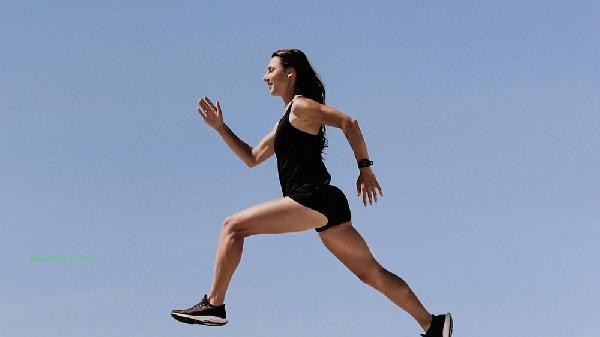People who frequently run can supplement with health supplements such as protein powder, vitamin D, calcium tablets, fish oil, and B-complex vitamins. These nutrients help support post exercise recovery, enhance bone health, reduce inflammatory reactions, and improve energy metabolism.

1. Protein Powder
Protein powder is an efficient choice for supplementing high-quality protein after running, which can help repair muscle fibers damaged during exercise. Whey protein absorbs quickly and is suitable for supplementation within half an hour of exercise; Plant proteins such as soy protein are suitable for vegetarians. Attention should be paid to excessive intake, which may increase the burden on the kidneys. Individuals with abnormal kidney function should consult [SEP]. 2. Vitamin D
Long term indoor running may lead to vitamin D deficiency due to insufficient sun exposure, affecting calcium absorption and bone strength. Supplementing with vitamin D can prevent stress fractures, especially suitable for middle-aged and elderly runners. It is recommended to determine the degree of deficiency through blood testing before targeted supplementation.
3. Calcium tablets
High impact running exercises provide sustained stimulation to the bones, and adequate calcium intake helps maintain bone density. Calcium carbonate and calcium citrate are common forms, with the latter being more suitable for people with insufficient gastric acid secretion. Taking vitamin D together can increase absorption rate, but it is necessary to avoid consuming it together with high iron foods.
4. Fish oil

Omega-3 fatty acids in fish oil have anti-inflammatory effects and can alleviate joint and muscle inflammation after long-distance running. Choosing a product with a high-purity EPA+DHA ratio yields better results. People with bleeding tendencies or taking anticoagulant drugs should use them with caution as they may prolong clotting time.
5. Compound Vitamin B Family
Vitamins B1, B2, B6, etc. participate in energy metabolism processes, helping to convert carbohydrates into the energy needed for running. High intensity training can accelerate the consumption of B vitamins, while supplements can prevent fatigue and metabolic disorders. However, excessive water-soluble vitamins will be excreted in urine and do not require excessive supplementation.
When choosing health products for runners, priority should be given to basic nutritional gaps to avoid blind overlapping use. It is recommended to determine individual needs through dietary assessment and physical examination. Natural foods such as dairy products, deep-sea fish, and nuts can also provide corresponding nutrients. Timely supplementation of electrolyte drinks after exercise is more beneficial for fluid balance than a single health supplement. It is best to consult a nutritionist or especially in cases of chronic illness or medication before taking any supplements for a long time. Simultaneously maintaining coordination between training plans and nutritional supplements is essential to achieve optimal athletic performance and health benefits.








Comments (0)
Leave a Comment
No comments yet
Be the first to share your thoughts!